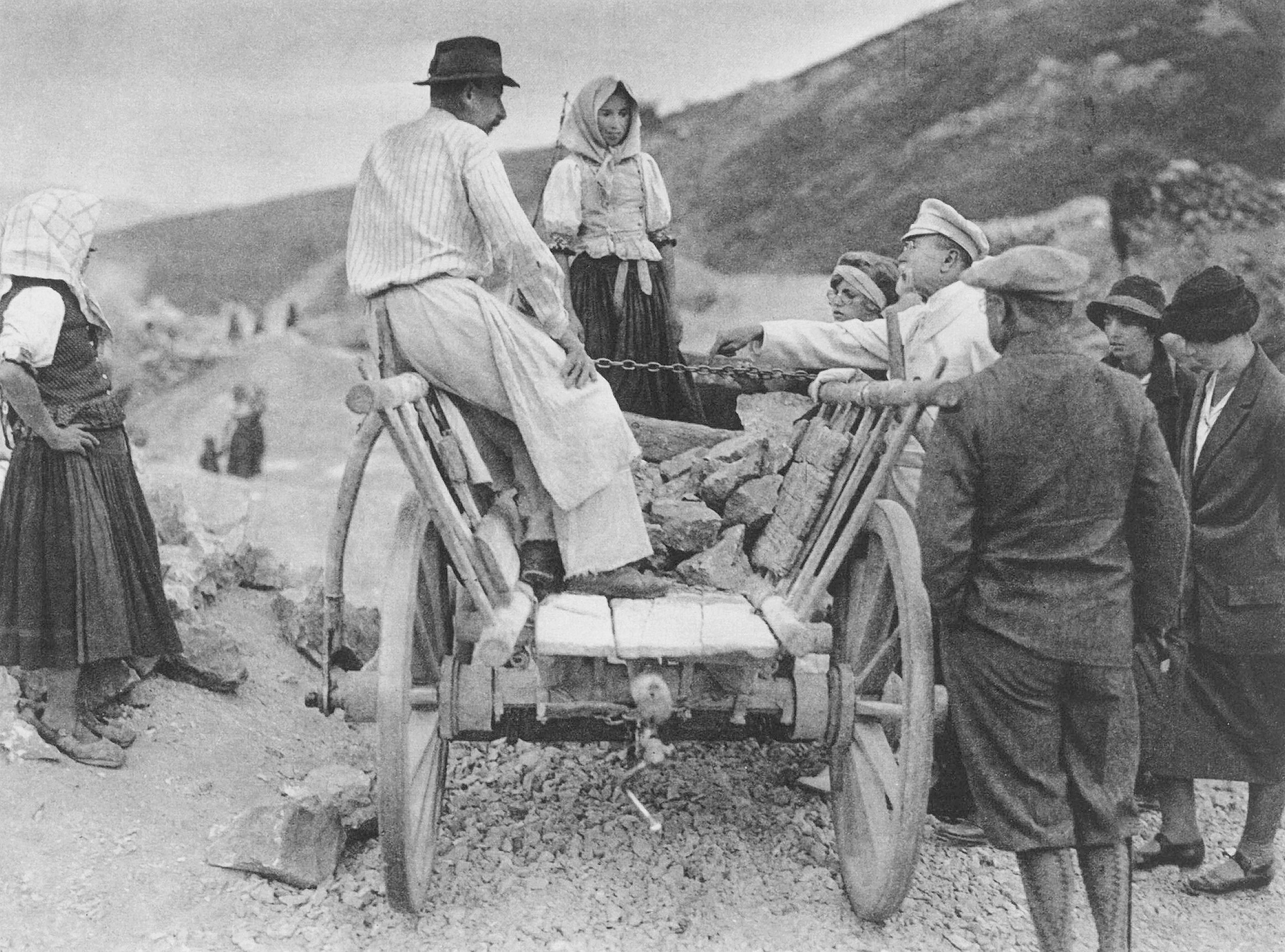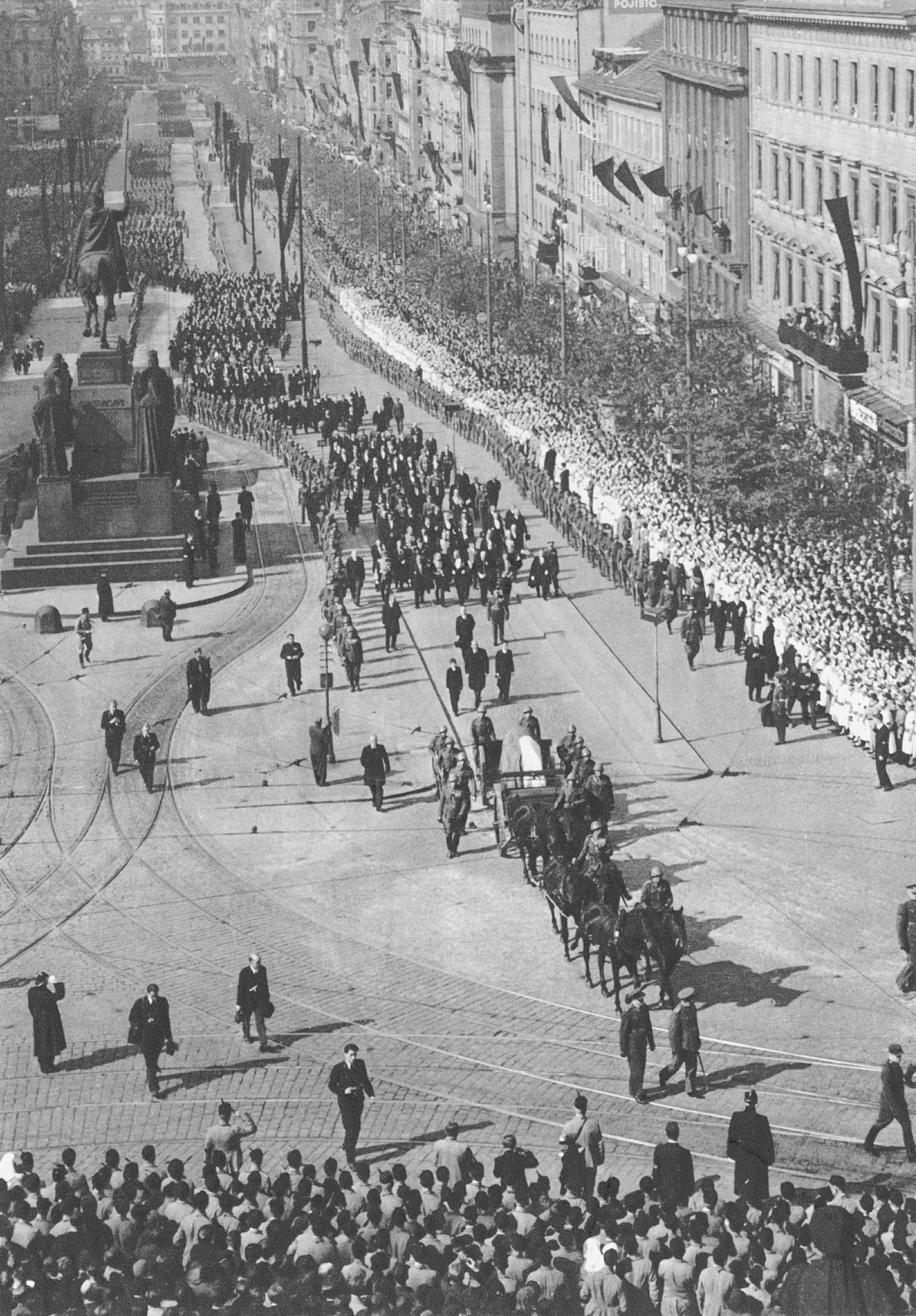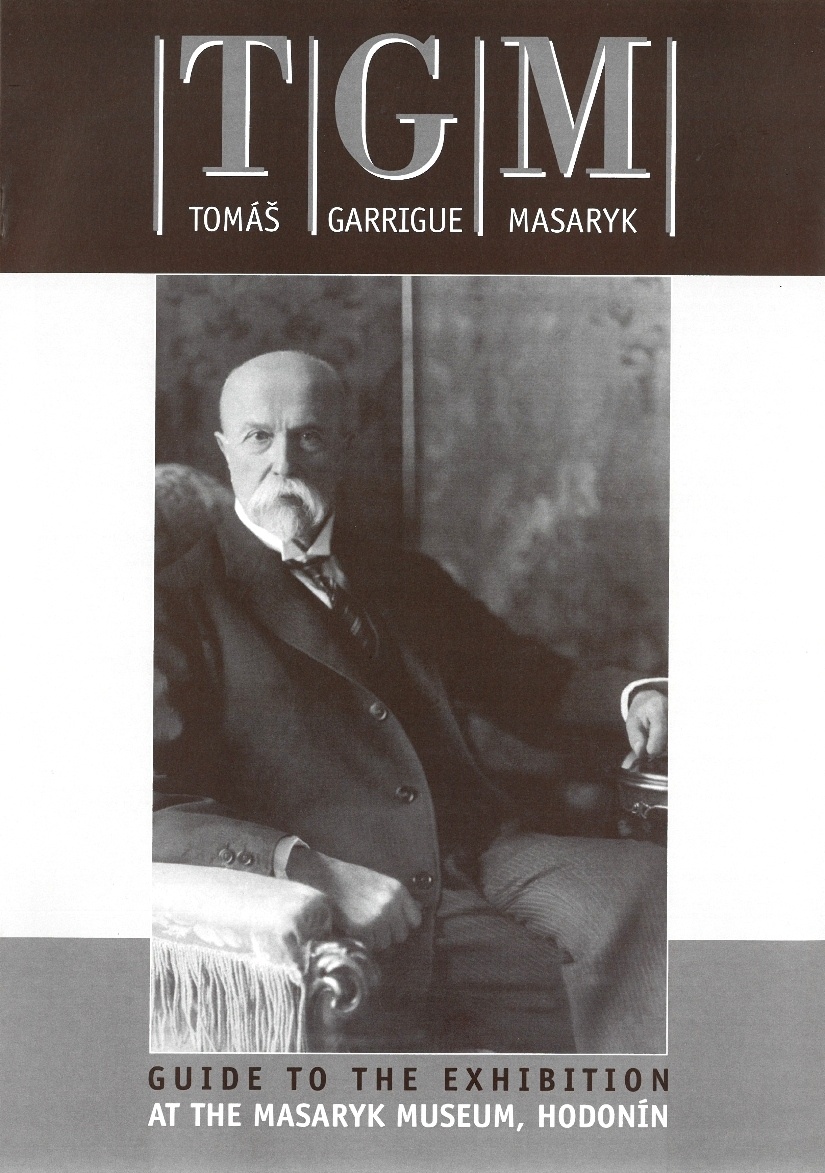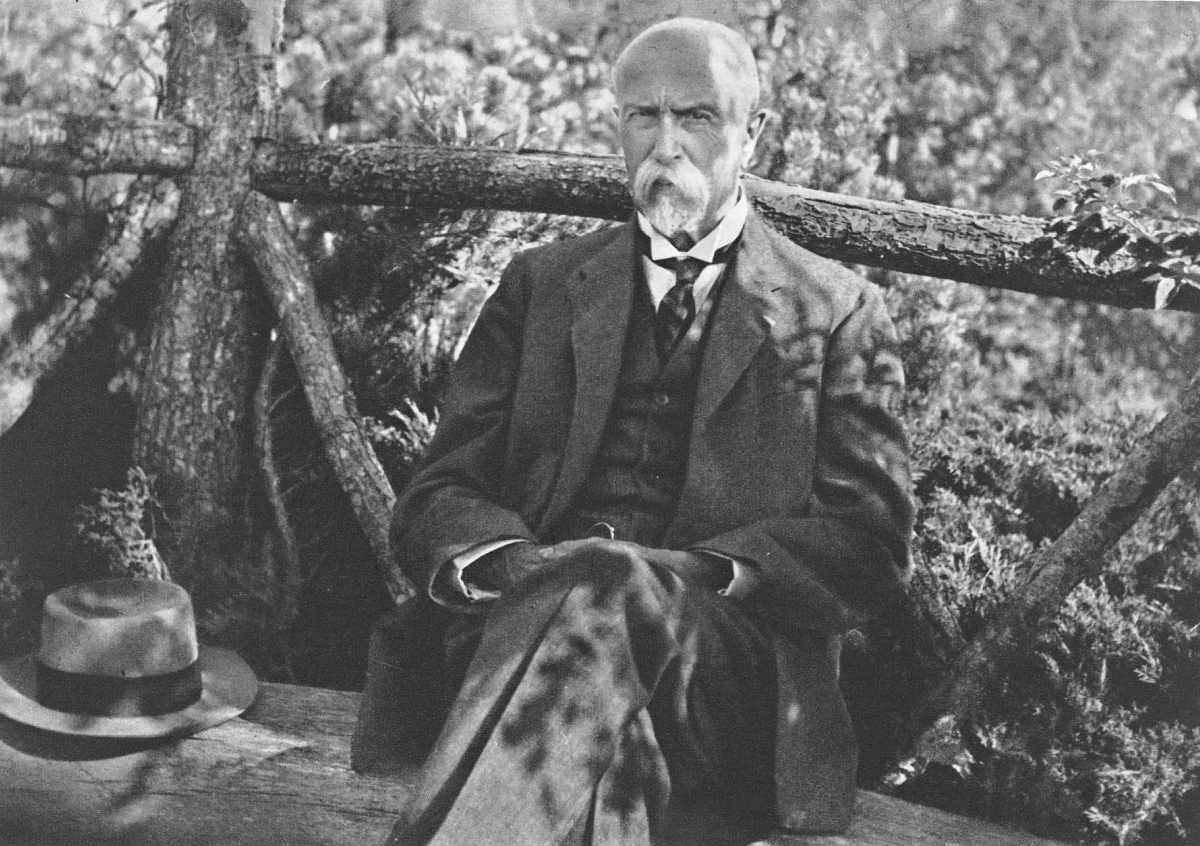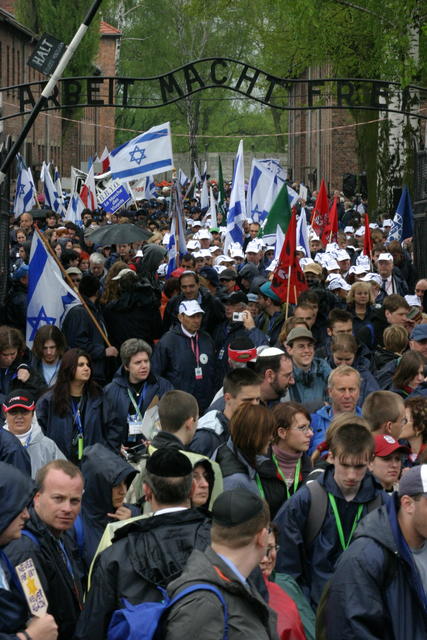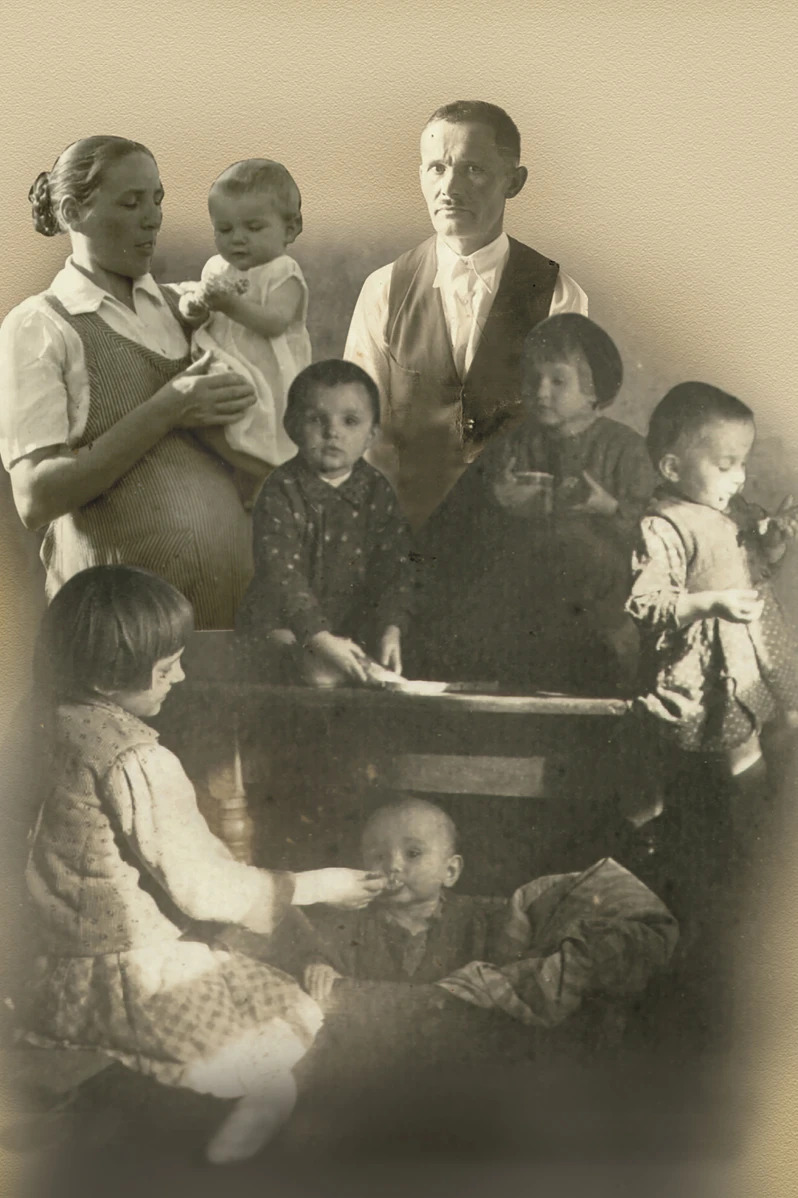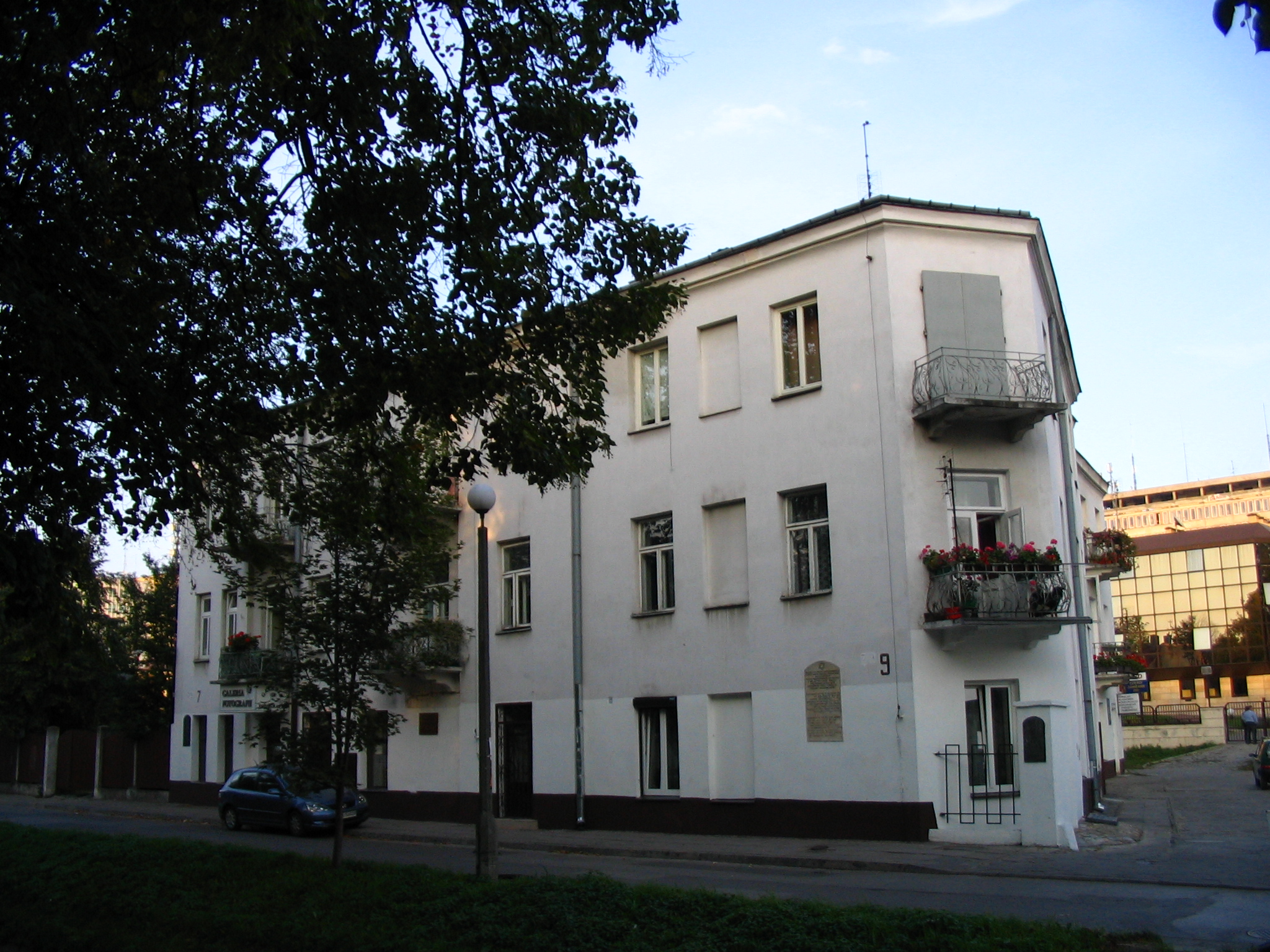The creator of the new republic – Tomáš G. Masaryk – Hodonín
Fact of the Czech figure „The creation of an independent Czechoslovakia”
Part of the „Creation of the modern states (1918-1920)” topic
In 1930, a law was passed in Czechoslovakia stating that Tomáš Garrigue Masaryk (1850-1937) had contributed to the state. It expressed the belief of the then society that Czechoslovakia was born mainly thanks to this Prague university professor of philosophy, who led the exile resistance against Austria-Hungary in 1914-1918.
Masaryk was born in 1850, the first child of poor parents in Moravian Slovácko, and his path to becoming the first (and several times) president of independent Czechoslovakia was lined with systematic work and sociological and historical study of the period problems of European society. Critical thinking against prejudices and stereotypes often led Masaryk to a position where he found himself in opposition to the prevailing public opinion and mob hatred (e.g. in the dispute over the revealing of famous medieval manuscripts as modern forgeries or in his participation in the trial of Leopold Hilsner against the anti-Semitic prejudices of the Czech public).
It is therefore paradoxical that in his old age Masaryk, as the founder of the republic, was almost religiously adored and referred to as „Papa Masaryk”. Although many of his decisions from the First Republic are nowadays perceived by historians much more critically, he remains inscribed in Czech collective memory as one of the most important figures in Czech modern history. All over the Czech Republic, starting with Hradčany Square in front of Prague Castle, there are statues of Masaryk or other memorials. In Hodonín, a museum exhibition commemorating Masaryk’s life has been open since 1997.
